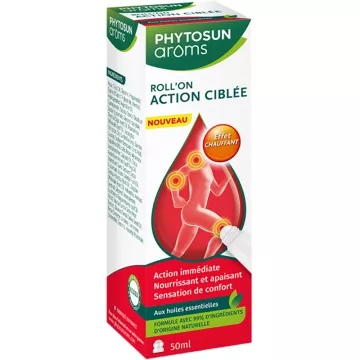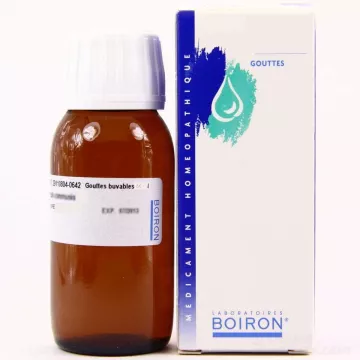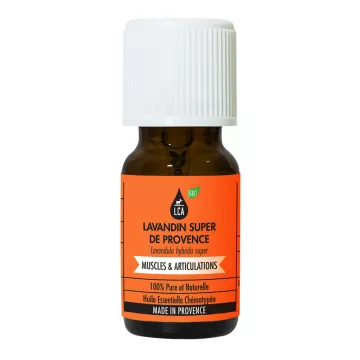






What are the main causes of muscle pain?
Muscle pain can occur for a variety of reasons, including but not limited to strenuous exercise, stress, nutritional disorders, dehydration, or specific medical conditions. Understanding the underlying cause is essential to choosing the most appropriate treatment.
How can I relieve muscle pain quickly?
For rapid relief of muscle pain, methods such as ice application, rest, gentle massage and the use of non-steroidal anti-inflammatory drugs (NSAIDs) can be effective. Natural remedies such as essential oils or hot compresses can also offer relief.
Are there specific exercises to reduce muscle pain?
Yes, gentle exercises such as yoga, stretching or pilates can help reduce muscle pain. It's advisable to start slowly and gradually increase the intensity to avoid aggravating the pain.
What foods can help prevent or reduce muscle pain?
A diet rich in protein, omega-3s, antioxidants and minerals such as magnesium and potassium can help prevent and reduce muscle pain. Foods such as salmon, spinach, bananas and almonds are particularly recommended.
How does dehydration affect muscle pain?
Dehydration can lead to increased muscle soreness, as muscles need water to function properly. It's crucial to drink enough water, especially during and after exercise, to maintain proper hydration.
Are dietary supplements effective against muscle pain?
Some dietary supplements, such as creatine, glutamine and BCAAs (branched-chain amino acids), can help muscle recovery and reduce muscle soreness. It's important to consult a healthcare professional before starting any supplement.
What role does sleep play in managing muscle pain?
Quality sleep is crucial for muscle recovery. During sleep, the body regenerates and repairs muscle tissue, which can help reduce muscle pain.
Are hot baths beneficial for muscle pain?
Yes, taking a hot bath can help relax muscles and relieve muscular pain. The addition of Epsom salts, rich in magnesium, can improve the effectiveness of this method.
When should I consult a doctor about muscle pain?
It is advisable to consult a doctor if muscle pain is severe, persists for more than a few days, or is accompanied by symptoms such as fever, swelling or redness.
Can muscle pain be prevented?
Yes, muscle soreness can be prevented by proper hydration, a balanced diet, adequate warm-up before exercise, and stretching after physical activity.
How does stress affect muscle pain?
Stress can cause increased muscle tension, leading to muscle pain. Relaxation techniques such as meditation, deep breathing or yoga can help reduce stress and, consequently, relieve muscle pain.
Are there any natural remedies for muscle pain?
Yes, there are several effective natural remedies for muscle pain. Anti-inflammatory herbs such as ginger and turmeric, as well as the local application of essential oils such as peppermint or arnica oil, can offer natural relief.
Can cryotherapy be used to treat muscle pain?
Cryotherapy, or cold therapy, can be used to reduce inflammation and muscle pain. Applying an ice pack to the painful area for 15 to 20 minutes can help reduce pain and swelling.
How can physiotherapy help manage muscle pain?
Physiotherapy can be extremely beneficial in managing muscle pain. A physiotherapist can offer specific exercises, mobilization techniques and advice on posture to help relieve pain and improve muscle function.
What impact does hydration have on post-exercise muscle pain?
Adequate hydration is essential to prevent and treat muscle soreness after exercise. Water helps transport nutrients to the muscles and eliminate metabolic waste, which can reduce soreness and speed recovery.